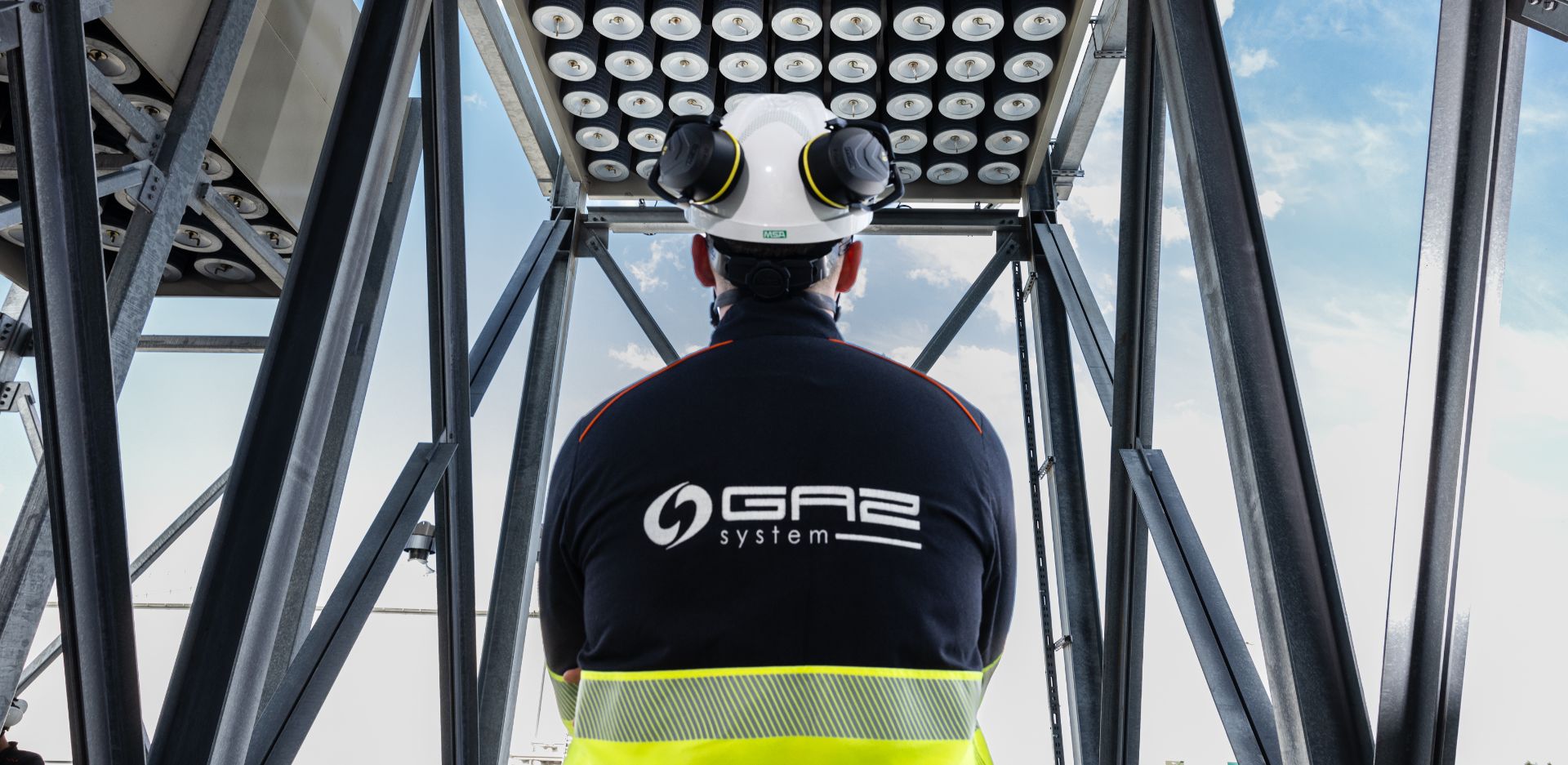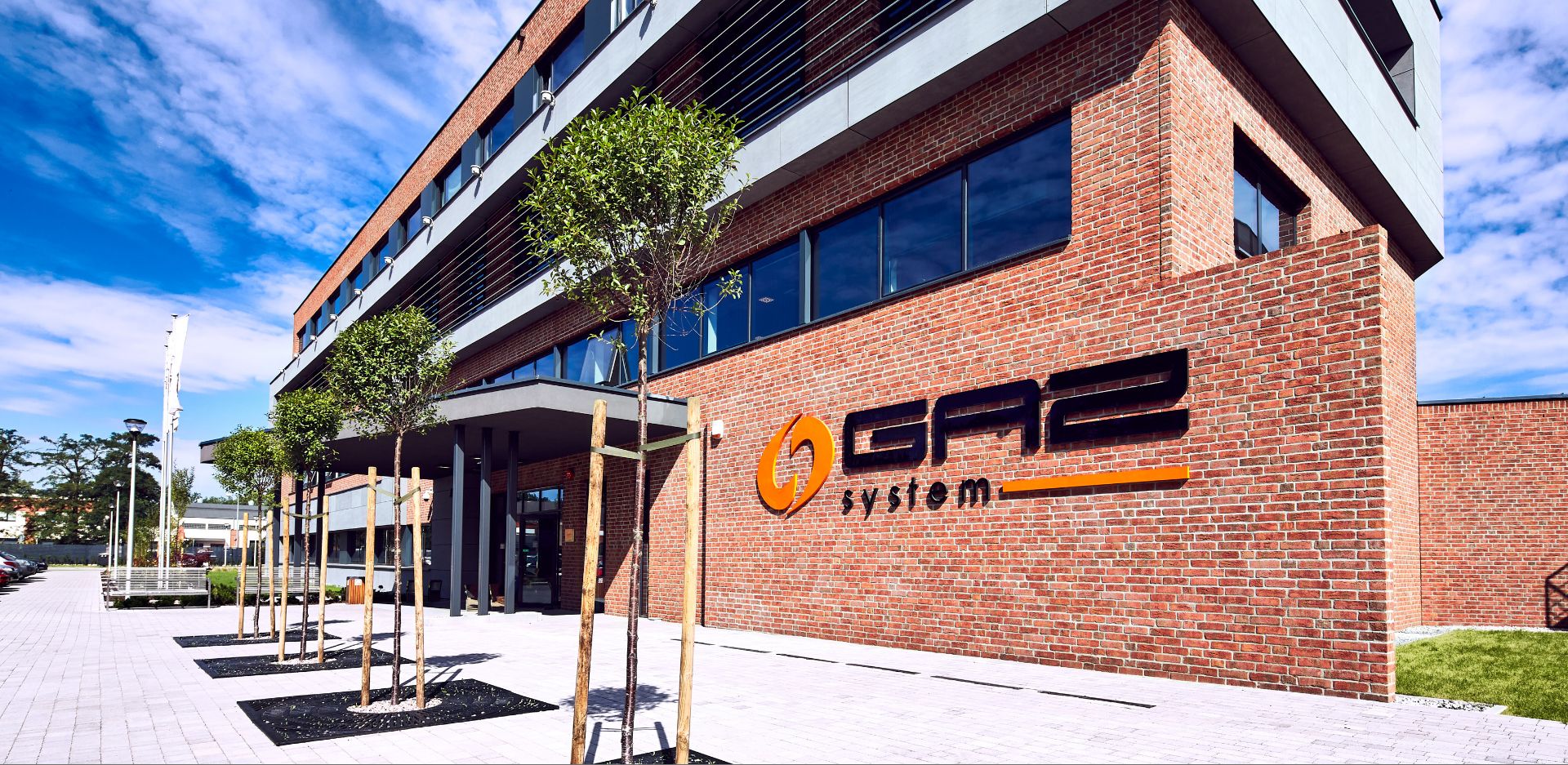- Absence of or delay in receiving connection and transmission fees
- Manipulation by a GAZ-SYSTEM employee in a transaction on the wholesale energy market (PPAT)
- Delivery of a product that does not meet quality criteria
- False statements by bidders
- Favouritism in the competitive process
- Unauthorised acceptance of supplies or works
- Unauthorised transfers
- Unauthorised use of inside information by a GAZ-SYSTEM (PPAT) employee
- Submission of false documentation by a contractor
- Dissemination of false market information by a GAZ-SYSTEM (PPAT) employee
- Exemption/waiver of a competitive contract award procedure
- Loss of information security
- Underbidding
- Overcharging for works beyond the lump sum
- Bid rigging
Communication of critical concerns and governance structure

At GAZ-SYSTEM, risk is defined as the impact of uncertainty on the Company's objectives that causes a deviation from assumptions or expectations. Risks are described through causes, events, and their consequences. In its risk management, the Company assesses risks within three areas: financial, reputation and occupational health and safety.
-
2-9
-
2-16
-
201-2
-
205-1
-
E-P3
The division of roles and powers in corporate risk management process includes the widely recognised three lines of defence model:
The corporate risk management issues are described in: ‘Corporate Risk Management Policy’, ‘Corporate Risk Management Procedure’, ‘Regulations of the Corporate Risk Committee’ and ‘Corporate Risk Management Methodology’. The risk management process is based on internationally recognised standards and best market practice, including ISO 31000 ‘Risk Management. Principles and Guidelines’. A key aspect in this respect is communication and consultation with stakeholders. The main purpose of this dialogue is to ensure credibility, reliability, completeness, and transparency of information exchange with respect to the risk assessment carried out. Risk management is supported by the ERM IT tool.
The Company has procedures and tools in place to manage risks in projects in respect of information security, cyber-security or gas infrastructure risk assessment. Risk management covers all areas of the Company’s operations. At the end of 2023, the register of active risks included 83 risks, of which 15 were related to corruption or fraud.
Management systems
At GAZ-SYSTEM, the following certified management systems are in place:
- ISO/IEC 27001- Information Security Management System,
- ISO/IEC 22301- Business Continuity Management System,
- PN- ISO 45001- OH&S Management System,
- ISO 3834-2 – Welding Quality Management System.
Furthermore, in 2023, the Company’s top management decided to commence the implementation of Environmental Management System according to the ISO 14001 standard. To this end, a gap analysis was conducted and followed by adjustment of the Company’s current environmental management system to ISO 14001 standard. Further steps involve the certification which will first cover the LNG Terminal in Świnoujście, and then the operating and investment areas. GAZ‑SYSTEM also plans to obtain an entry in the register of the EcoManagement and Audit Scheme (EMAS). This will confirm the Company’s compliance with high requirements and its own ambitions to attain high level of environmental standards.



Sustainability management
In 2023, the Company published GAZ-SYSTEM Strategy until 2033 with an outlook to 2040, while starting the process of developing the Company’s ESG Policy. The work on the document will draw on the good practices contained in the ISO 26000 international standard and the results of dialogue with stakeholders. In addition, the Policy will refer to the global Sustainable Development Goals adopted by the United Nations in 2015. The Company has pledged to publish the document in 2024.
In 2023, GAZ-SYSTEM Management Board additionally decided to establish the Strategy and Sustainable Development Division1 in order to implement the set objectives related to ESG. This Division operated as a separate organisational unit reporting directly to the Management Board.
1 In 2024, the competences of the Strategy and Sustainable Development Division were taken over by the Energy Transition Division and Market Information and ESG Division.



